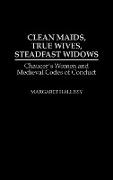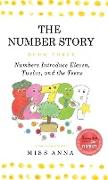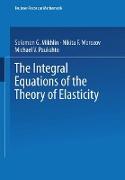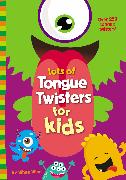Clean Maids, True Wives, Steadfast Widows
BücherAngebote / Angebote:
Chaucer was a keen observer of the lives of women with a remarkable ability to see beyond his culture's preconceptions concerning their proper roles. The lives of medieval women were divided into three estates--virginity, wifehood, and widowhood--each with complex rules extending to particulars of speech and dress, but all directed toward the single purpose of preserving female chastity, for which a woman was to be prepared to suffer or even die. Margaret Hallissy's lively and literate study traces Chaucer's female characterizations against a background of medieval rules and common assumptions governing women to determine where he adhered to or departed from the behavioral norms. She concludes that he discounted much of these codes of conduct as being detrimental to the development of a full human person. The Wife of Bath, Chaucer's most drastic deviation from the received wisdom about women of his day, could only have been developed by an author/narrator who turned from the prescribed written rules--which, sacred or secular, were all instruments of patriarchal power--to female discourse and action.
Applying insights from the works of modern social historians of the Middle Ages and ranging widely in sources from the visual arts, civil and canon law, homiletics, theology, architecture, fashion history, and medicine, Hallissy illuminates the preconceptions with which Chaucer's original audience would have encountered his work and brings her findings to bear on a close analysis of literary characters in the text. The resulting study provides an original and essential dimension for reading Chaucer, while its feminist-historicist approach broadens the audience to those interested in medieval studies and women's studies in general.
Folgt in ca. 15 Arbeitstagen




